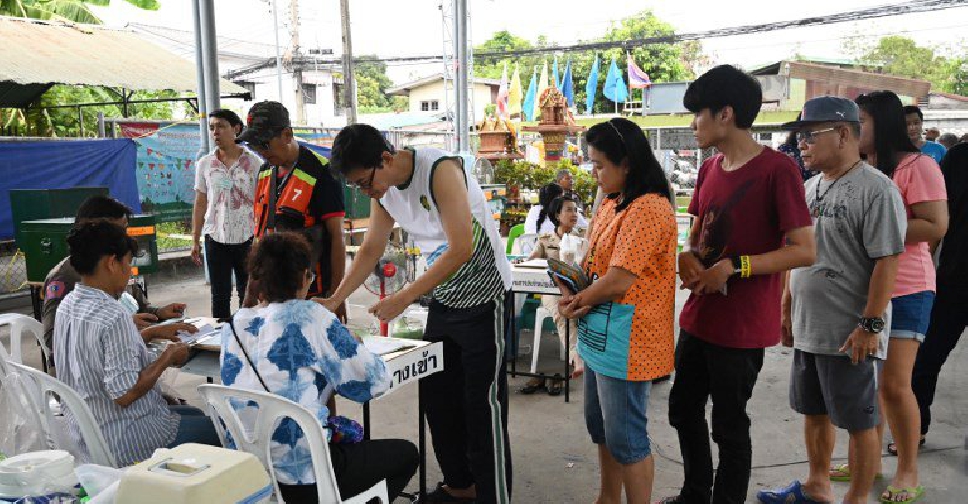
About 51 million people are heading to the polls in Thailand’s general election on Sunday after nearly five years of military rule.
The battle is largely between the military and ousted former Prime Minister Thaksin Shinawatra.
Critics, however, have called the elections "staged and managed" by the military, and believe the army's newly introduced constitution will influence the outcome.
In a last-minute cryptic warning, the Thai king urged the people to support "good" leaders to prevent "chaos".
 UK inquiry finds 'chilling' cover-up of infected blood scandal
UK inquiry finds 'chilling' cover-up of infected blood scandal
 Iranian President Raisi killed in helicopter accident, state media says
Iranian President Raisi killed in helicopter accident, state media says
 ICC prosecutor seeks arrest warrants for Israeli, Hamas leaders
ICC prosecutor seeks arrest warrants for Israeli, Hamas leaders
 Assange given permission to appeal against US extradition
Assange given permission to appeal against US extradition
 Israel intends to broaden Rafah sweep, Defence Minister tells US
Israel intends to broaden Rafah sweep, Defence Minister tells US




